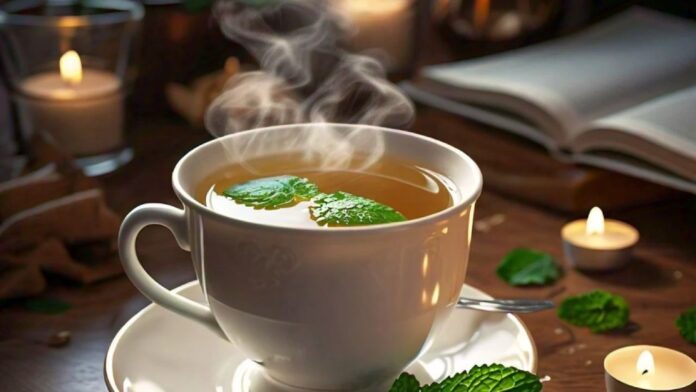Tea, a cherished beverage for many around the world, is increasingly under scrutiny due to rising concerns about adulteration. Recently, a major scandal erupted in Cuttack, Odisha, where officials uncovered a large-scale operation producing fake tea powder.
This discovery highlights the need for vigilance regarding the purity of tea.
Here’s a guide on how to verify the authenticity of your tea leaves at home.
The ‘Fake Tea’ operation
The recent raid by the Cuttack Municipal Corporation and Cuttack Development Authority exposed a significant fake tea manufacturing unit. Officials discovered a vast array of adulterated tea powders, packaging materials, and raw ingredients. These counterfeit products had been distributed extensively across the Indian market, raising serious concerns about tea purity.
How to check tea purity in-house?
Appearance of Tea
Uniformity: High-quality tea leaves are typically uniform in size, shape, and color. Authentic tea leaves are whole or in large pieces. If you find broken leaves, stems, or dust, the tea might be of lower quality or adulterated.
Additives: Be wary of unusual additives, such as artificial colors or flavors. Genuine tea leaves should not have an unnatural sheen or vibrant color inconsistent with the tea’s expected hue.
Foreign particles: Pure tea should be free of extraneous materials like twigs, stones, or other contaminants. Inspect the leaves carefully for any foreign particles.
Aroma assessment
Freshness: Fresh tea leaves should release a natural, aromatic fragrance that is specific to their type. For instance, jasmine tea should smell floral, while Assam tea should have a malty aroma. A stale or musty smell may indicate poor quality or improper storage.
Chemical smell: Avoid tea that has a synthetic or chemical odour, as this could suggest artificial additives or pesticides. Pure tea should have only a natural, fresh aroma.
Taste test
Flavour profile: Authentic tea should offer a rich, complex flavour that reflects its type and origin. For example, high-quality Darjeeling tea should have a distinct muscatel flavor, while a good Earl Grey should have a subtle hint of bergamot.Aftertaste: Pay attention to the aftertaste. Pure tea leaves leave a clean, pleasant aftertaste. Adulterated or lower-quality teas may leave a bitter or unpleasant aftertaste.


